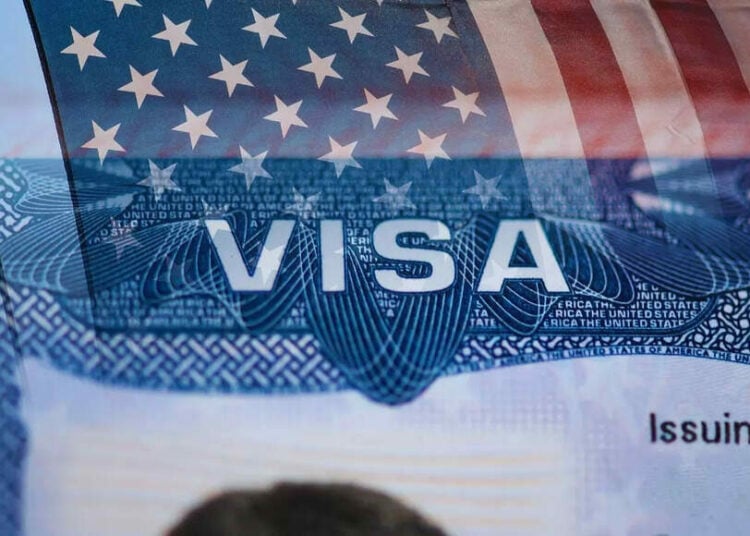The US State Department appears unclear about its plan to deal with the over 55 million US visa holders under the aegis of its ‘Continuous Vetting’ following intensified efforts by the Donald Trump administration to curtail the number of entries into the US.
The New York Times reported on Friday that the State Department in a statement on Thursday did not give details on how to handle this obviously problematic decision and it is not clear if it was rejecting travel documents, or making less drastic changes.
Although the statement said all holders of valid U.S. visas would be subject to “continuous vetting”, which appears like an ominous sign to the more than 55 million foreign nationals who have permission to be in the United States that they could be affected in some ways.
How the State Department intends to execute the project remains to be seen as it was unclear if the pronouncement heralded a drastic removal of travel documents and acceleration in deportations, or something less.
The newspaper noted that the federal government long had broad power to revoke visas — and the Trump administration increasingly has been using it.
After he was reelected and returned to the White House, President Donald Trump has focused on immigration policy that has the drive to remove from the US not only people in the United States without legal authorization, but also visa holders, including thousands of students whom the State Department said had “either broken the law or expressed support for terrorism” while in the country.
Trump has since remained impervious to critics, who slammed him for allegedly targeting visa holders in a “haphazard and politically self-serving fashion,” based on what they said are “error-ridden databases to determine who has committed infractions serious enough to put their visas in jeopardy.”
According to critics millions could be unjustly affected if the State Department used such procedures across the entire visa system. However, the State Department defended its position, saying that it “revokes visas any time there are indications of a potential ineligibility,” and that officials “review all available information as part of our vetting, including law enforcement or immigration records or any other information that comes to light after visa issuance.”
The enforcement of this policy could pose a real challenge as the details of the “continuous vetting” and what it entails are yet to be ascertained.
This policy draws strength from the fact that the US secretary of state already has almost unlimited authority to revoke visas.
Section 1201 of the Immigration and Nationality Act gives the administration broad authority to revoke visas. It states plainly that the secretary of state may void such documents “at any time, in his discretion.”
However, the State Department has guidelines for when its officers can revoke previously issued travel documents and these include cases in which it receives “derogatory information” from another U.S. government agency that would have made the person ineligible for that visa.
In its statement, the State Department said it regularly revokes visas for reasons like “indicators of overstays, criminal activity, threats to public safety, engaging in any form of terrorist activity or providing support to a terrorist organization.”
The Trump immigration policy, the State Department said is aimed at stepping up national security especially against terrorists those with extremist views.
Over the past few months, the Trump administration has issued policies making clear that foreign nationals will be screened for “anti-American activity” online. Certain categories of visa applicants, including students, have also been required to make their social media accounts public — which critics feared could be used to target foreign nationals based on their views, not on whether they pose a national security threat.
In normal setting, vetting of prospective visa applicants to the US visitors has been handled solely by consular officers at U.S. embassies abroad, or at ports of entry.
According to The Times, the “screenings include background checks to ensure that applicants are not criminals and do not pose national security risks to the United States, as well as personal and financial scrutiny to verify that they can afford the trip and are not likely to overstay their visa.
“Once a person had a visa and was in the United States, they typically would not have been subject to more vetting unless they left and attempted to re-enter the country — or committed a crime serious enough for the infraction to be reported to immigration enforcement authorities.
“Under continuous vetting, visa holders would never be free of that scrutiny. But experts warn that how the continuous scrutiny is conducted could be problematic,” said.











